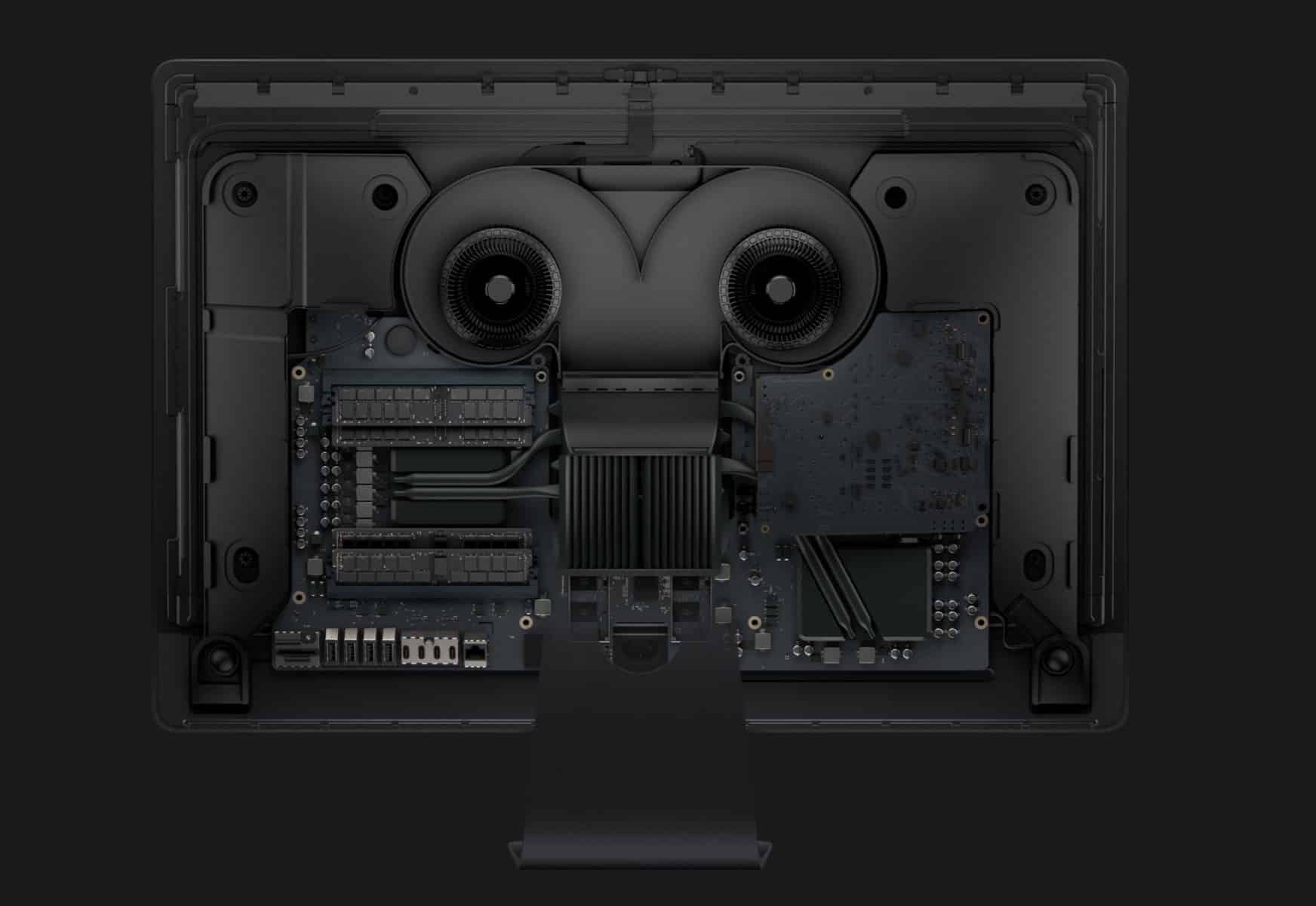The iMac Pro is the most secure Apple desktop ever built, and it’s got a special chip to prove it.
Early review units are starting to trickle out to tech experts and according to iOS and Mac developer Cabel Sasser, the iMac Pro packs a new T2 chip that is basically like a secure enclave for the iMac.
In a tweetstorm review of the iMac Pro, Sasser revealed that the new chip is used to store encrypted passwords and acts as a hardware encryption engine.
Apple first started using secure enclave chips with the iPhone starting in 2013 with the iPhone 5s. This is the first time similar technology is being used on the iMac, only it looks like the T2 chip is much more advanced.
iMac Pro T2 chip
“This new chip means storage encryption keys pass from the secure enclave to the hardware encryption engine in-chip — your key never leaves the chip,” explained Sasser on Twitter. “And, it allows for hardware verification of OS, kernel, boot loader, firmware, etc.”
The new MacBook Pro with Touch Bar sports a similar T1 chip only its used for Touch ID authentication. Apple did not add Touch ID support to the new iMac Pro keyboard. The iMac Pro was also rumored to be getting an A10 chip for always-on “Hey Siri” support. At this time no early reviewers have been able to verify if that’s true though.
The spec sheet for the iMac Pro doesn’t mention the T2 chip, but the machines come with a version of a macOS High Sierra that adds a new “Startup Security Utility” option. Apple also added new Secure Boot options.



4 responses to “iMac Pro packs new T2 chip for extra security”
And thus will end my ability to install new versions of OS X on my old Macs, because Apple will prevent it from happening despite the hardware working perfectly.
I don’t think that’s true. If anything, Apple maybe setting future Macs up so that you can’t install macOS on non-Macs. That’s probably more true than your statement. Apple’s never needed a chip to prevent newer versions from being installed on older Macs.
But I have seen someone take an old 2009 Mac Pro (cheesegrater case), and they did a firmware upgrade, processor upgrade, etc. etc. and everything worked perfectly with a newer OS that would normally not work. Go to YouTube and look it up.
I think they block new versions on older hardware because the experience will be less than in the older mac os and it won’t ever be on par with new hardware.
And that’s totally understandable. But what happens when the hardware works perfectly? Like, oh, Sierra and High Sierra working flawlessly on the 2009 Mac Pro, despite Apple blocking them?
Joke’s on Apple; High Sierra’s installed on my Mac Pro.